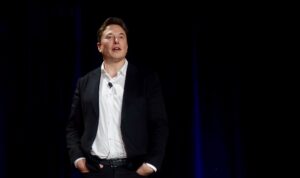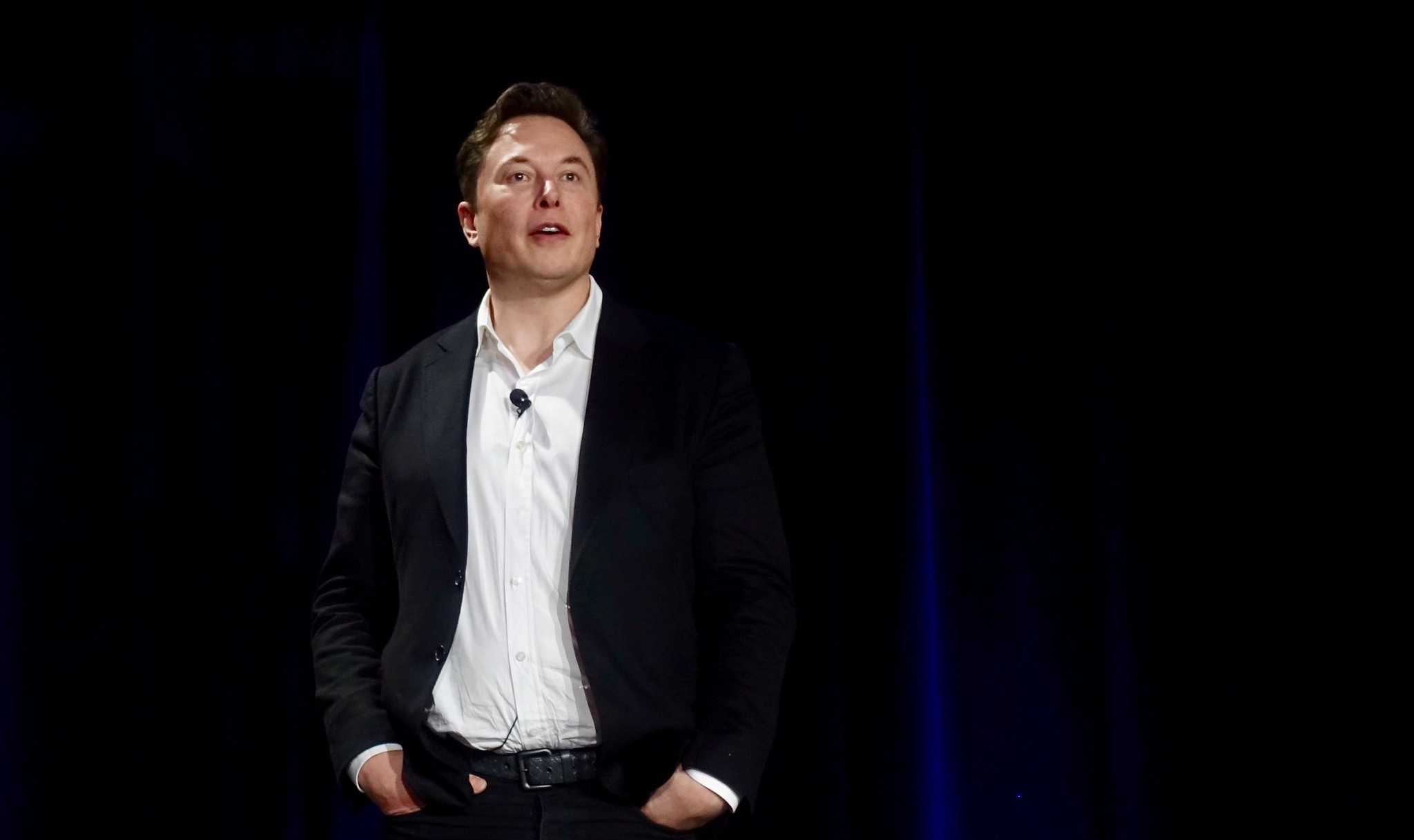
After months of negotiations, billionaire Elon Musk has finally purchased Twitter, appointing himself as the chief moderator of the social media site. Upon his acquisition of the company on Oct. 27, Musk has made several changes including firing hundreds of key employees in the guise of wanting to restore true “freedom of speech” to the platform. He has agreed to reinstate accounts that have been banned and will allow users to buy the blue verification check mark for only $8 a month, creating an environment where fake news will run rampant. This transfer of Twitter to Musk has troubled both journalists and the public who believe that the integrity of the site will no longer exist.
In this current age of technology, many people have stopped consuming traditional forms of news media, like television and newspapers, and instead receive the majority of their information from social media platforms, like Twitter. In a 2021 Pew Research Center study that surveyed 2,548 Twitter users, it was found that 23% of Americans use Twitter, and roughly seven-in-ten U.S. Twitter users, or 69%, say they get news on the site. In protest of Musk owning the company, several important figures and influencers have stated that they will be leaving the site. In doing so, those that have managed to make Twitter a site for news are leaving it vulnerable to people wanting to spread dangerous political agendas and hate speech. Musk owning Twitter has completely changed the dynamic creating a space that is no longer factual or respectable.
Although Musk claims that he is pro free-speech and wants to make Twitter more accessible, he is creating an environment where fake news will be tolerated and used to confuse the public. There is a clear difference between freedom of speech and hate speech, which was previously monitored and typically taken down for violation of Twitter policies. Musk does not seem to know or mind the difference and has created a playground for those wanting to belittle and tear down others. Young and impressionable users will have trouble understanding and distinguishing information causing a potential rise in harmful ideologies. Just hours after Musk took over Twitter, there was a sharp rise in racist slurs and Nazi memes on the site.
Users have also begun treating Twitter as a joke, poking fun at the new pay for verification feature — a feature previously only given to celebrities, politicians and members of the media. Users who have bought the verification, for the price of $8 a month, have started changing their usernames to impersonate companies, politicians and even Musk himself, tweeting mostly inappropriate statements. Many of these accounts have been taken down, but not before going viral, confusing the public and prompting apology statements to be released by those impersonated.
In an effort to combat these large-scale impersonations, Musk changed Twitter policies and made it so that usernames could not be altered once an account was verified. This only prompted pushback with people, like celebrity singer Doja Cat, being stuck with their silly usernames, unable to make their account themselves again — in this case Doja Cat was stuck with the username “Christmas.” The pay for verification has since been banned not even surviving a week after being instated. We are already seeing that an over influx of misinformation on Twitter will create a generation of people who do not know how to properly consume media, leading them to blindly follow it causing ignorance.
While freedom of speech is important for democracy and the media, the way that Musk has introduced it is not correct. With Twitter’s integrity now being compromised, people should resort to only consuming direct news sources. This shift will benefit those who will take the time to check their facts and consume traditional media again, but will harm those unable to. Under Musk, it appears that misinformation, fake news and hate speech will be allowed, leaving Twitter to rot away.








